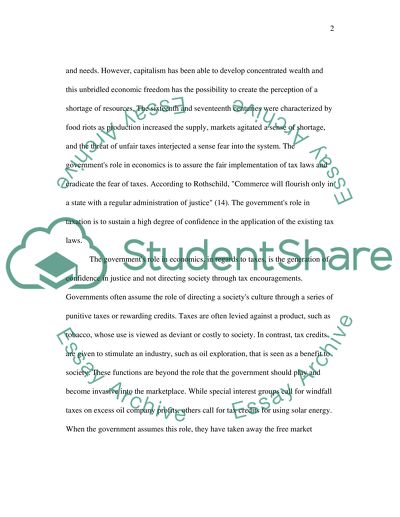Cite this document
(“What Role Should the Government play in economic life Essay”, n.d.)
Retrieved de https://studentshare.org/miscellaneous/1545452-what-role-should-the-government-play-in-economic-life
Retrieved de https://studentshare.org/miscellaneous/1545452-what-role-should-the-government-play-in-economic-life
(What Role Should the Government Play in Economic Life Essay)
https://studentshare.org/miscellaneous/1545452-what-role-should-the-government-play-in-economic-life.
https://studentshare.org/miscellaneous/1545452-what-role-should-the-government-play-in-economic-life.
“What Role Should the Government Play in Economic Life Essay”, n.d. https://studentshare.org/miscellaneous/1545452-what-role-should-the-government-play-in-economic-life.


